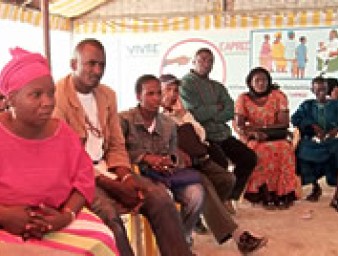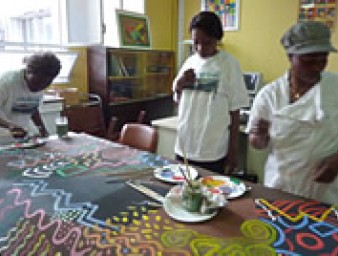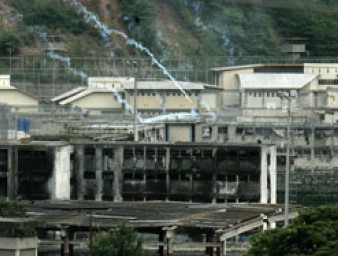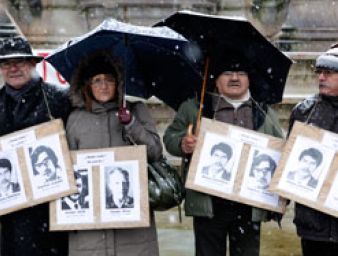Mechanisms to prevent torture in South America: the way forward for Chile
26 June 2012
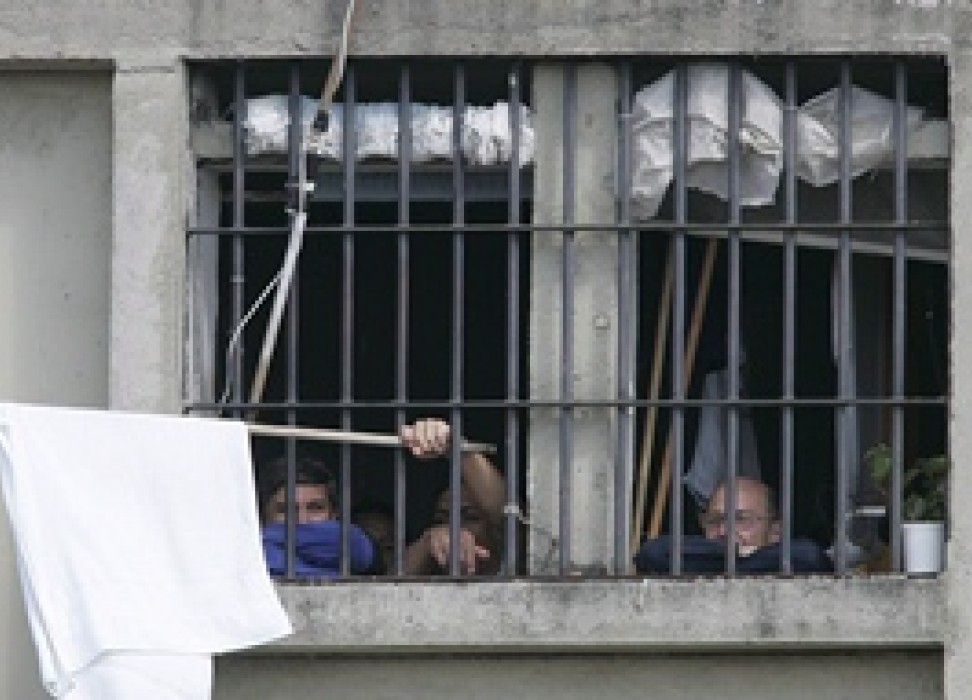
”In places where the light doesn’t shine, where there is no public access, where things occur behind closed doors – that is where extremely brutal violations of human rights continue to be committed,” said Amerigo Incalcaterra, Regional Representative for South America of the UN Human Rights Office.
Incalcaterra was speaking at a workshop on National Preventive Mechanisms against Torture, held on 28-29 May in Santiago de Chile. The Optional Protocol to the Convention against Torture (OPCAT) provides that State parties establish one or several National Preventive Mechanisms against Torture (NPM) within a year of the Protocol’s entry into force. However, to date, few countries in South America have done so.
The Chilean Government has indicated its intention to designate the National Human Rights Institute (INDH) as an NPM. To discuss the challenges associated with this role, the INDH and OHCHR´s Regional Office for South America brought together national and regional experts on the subject.
“We all know that our system of deprivation of liberty is not only opaque but probably does not meet minimum standards in terms of dignity of the person,” said Chile’s Minister of Justice, Theodore Ribera, stressing the need for cultural change in State institutions. “I think this mechanism is very effective to the extent that we can position it properly for the pursuit of human rights ... We need to generate greater trust and a policy of gradual progress.”
Incalcaterra also stressed the importance of establishing an appropriate legal framework for the future NPM in Chile. He emphasized the need to: involve all relevant stakeholders, both institutional and from civil society; limit the functions of the NPM to those established in the Optional Protocol to the Convention against Torture; provide sufficient logistical and human resources so that they can be efficient and effective; and develop a plan coordinated at an inter-institutional level.
“The challenges are always going to be great considering that these mechanisms are largely based on prevention,” said Odalis Najera, President of the NPM in Honduras. “Our populations are inadequately prepared for prevention, so every day we are learning how to implement public policies to prevent violence.”
NPMs are independent bodies that carry out visits to examine the treatment and conditions of the country’s detainees. They make recommendations for improvement and formulate proposals for legislation or draft laws.
“We insist that NPMs be created by a law that establishes their independence and clearly defines places of detention in the same terms as the Optional Protocol,” explained Mario Coriolano, public defender in the Argentine province of Buenos Aires and Vice-President of the UN Subcommittee on Prevention of Torture. He added that NPMs should comply with the Paris Principles, the main source of international standards for the creation and functioning of national human rights institutions, including NPMs.
“Chile also has a tremendous advantage given the presence of the Regional Office of the High Commissioner here,” Coriolano said. “We must take advantage of this presence.”
Since its establishment in 2009, the UN Regional Human Rights Office for South America has been working to promote and support the establishment of NPMs in all countries of coverage as well as generate awareness. It has organized several events on this issue, including a regional consultation in June 2011. The office also published a book, brochure, and an editorial on the topic.
In Argentina, the Chamber of Deputies passed a bill in 2011 to create a National System for the Prevention of Torture, which is currently before the Senate. Brazilalso introduced a bill to create an NPM in 2011, which was examined by the Human Rights Committee of the House of Representatives in May and is awaiting a vote in Congress.
In Brazil as in Argentina, some states and provinces have already established their own NPMs. There are State Committees to Prevent and Combat Torture in the state of Rio de Janeiro and the state of Alagoas in Brazil, as well as in the province of Chaco in Argentina. The legislatures of the Argentine provinces of Rio Negro, Mendoza, and more recently Tucumán, have also passed laws to create prevention mechanisms.
In Uruguay, the recently integrated National Human Rights Institution was designated to act as a NPM. It exists alongside a Parliamentary Commissioner who is mandated to observe the situation in adult penitentiaries.
There is no mechanism in place yet in Peru or Chile, and Venezuelahas not yet ratified the OPCAT.
26 June 2012
Tuesday, 26 June 2012 marks the 25th anniversary of the United Nations International Day in Support of Victims of Torture.
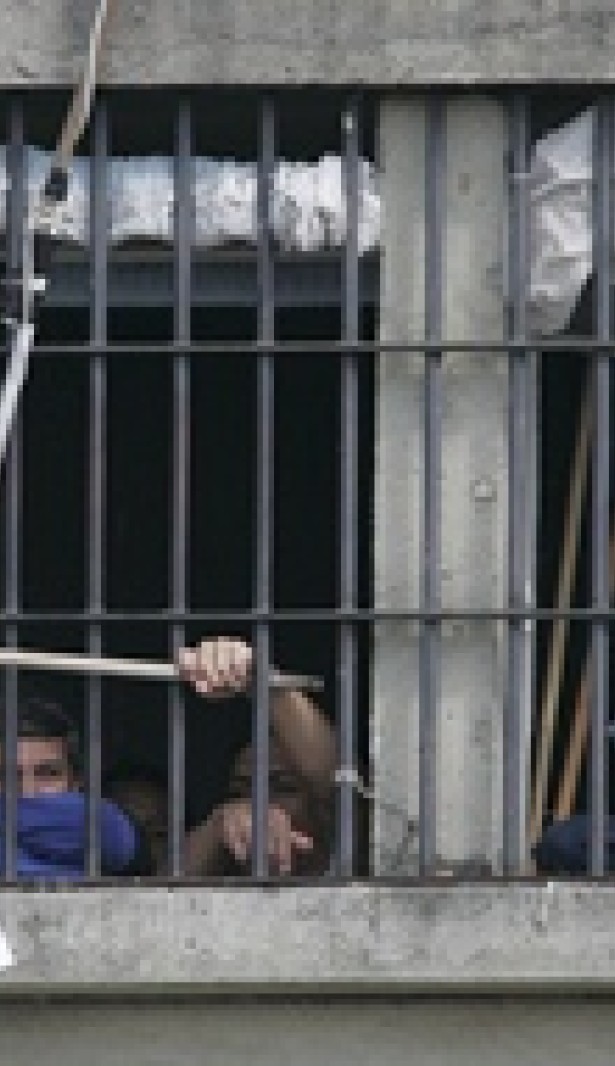
VIEW THIS PAGE IN:
